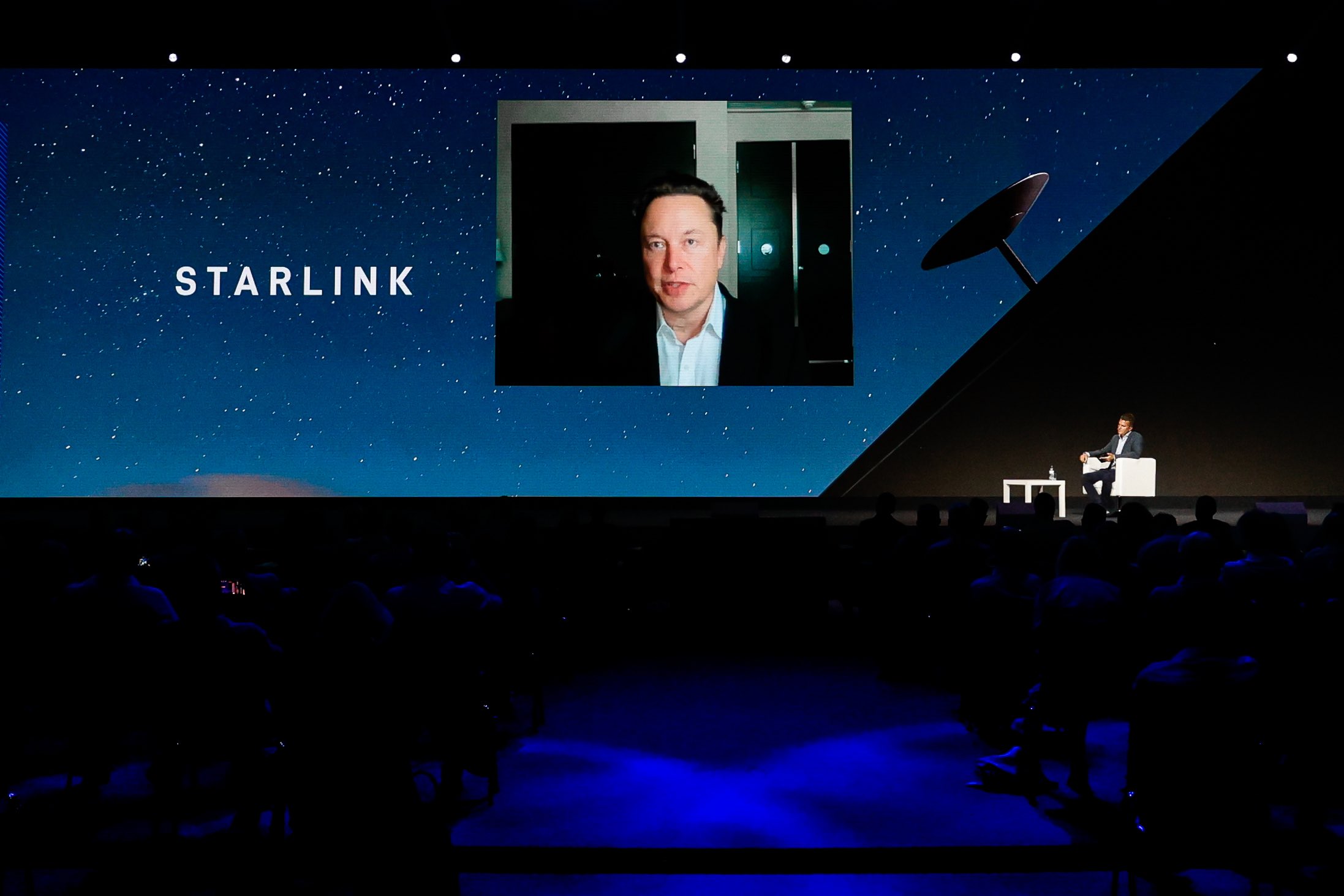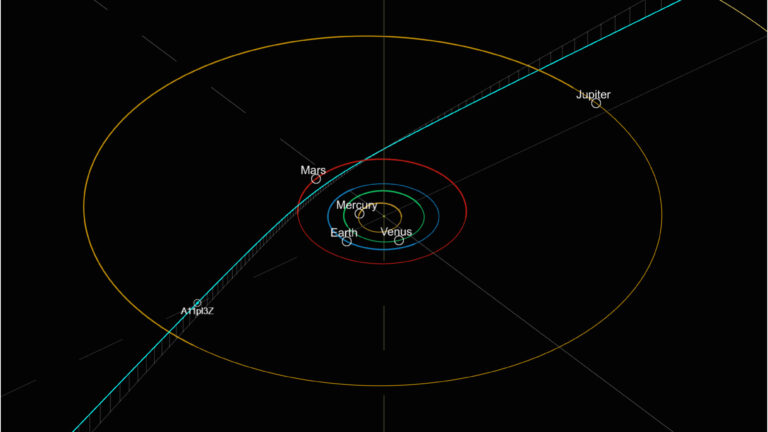SpaceX abandons Starlink plan that Amazon objected to, but fight isn’t over (original) (raw)
SpaceX settles on plan for 30,000 new satellites as Amazon asks FCC for delay.
SpaceX CEO Elon Musk discusses Starlink at Mobile World Congress Barcelona on June 29, 2021 . Credit: Getty Images | NurPhoto
SpaceX CEO Elon Musk discusses Starlink at Mobile World Congress Barcelona on June 29, 2021 . Credit: Getty Images | NurPhoto
SpaceX has abandoned a Starlink plan that Amazon objected to during a high-profile battle at the Federal Communications Commission last year and wants to launch its second-generation broadband satellites starting in March. But the dispute isn't over, as Amazon says that SpaceX's latest filing "raises a number of issues that call for analysis and a potential response" and asked the FCC for a month-long delay before comments are due.
In August 2021, Amazon satellite-broadband subsidiary Kuiper Systems objected to Starlink proposing "two different configurations for the nearly 30,000 satellites of its Gen2 System, each of which arranges these satellites along very different orbital parameters." Amazon said that proposing "two mutually exclusive configurations" violates an FCC rule and would force competitors to do double the work to evaluate the potential for interference.
SpaceX said it pitched two possible configurations in case its preferred setup doesn't work out. The FCC rule doesn't specifically prohibit SpaceX's approach but says that an application will be rejected if it "is defective with respect to completeness of answers to questions, informational showings, internal inconsistencies, execution, or other matters of a formal character."
Starlink abandons second configuration
That's now a moot point because SpaceX told the FCC on Friday that it is abandoning the alternative configuration, saying it's no longer needed. The SpaceX filing, which was pointed out by a PCMag article, says:
As SpaceX explained in its Amendment, it provided information about an alternative configuration for its Gen2 system to account for uncertainty in development, given the long lead times often required for Commission consideration of applications. SpaceX also made clear that it did not intend to operate both configurations and would inform the Commission about which configuration it would use as development became more certain. Much has changed in the intervening period, and SpaceX has exceeded its own expectations in the pace of developing both its Gen2 satellites and its Starship launch vehicle. Accordingly, SpaceX hereby notifies the Commission that it will pursue Configuration 1 and abandon Configuration 2 proposed in the Amendment.
SpaceX's chosen configuration includes 29,988 satellites at altitudes ranging from 340 km to 614 km. SpaceX said it still plans to have the second-generation satellites ready for launch "as soon as March 2022, pending regulatory approval." The company's new filing also responded to questions the FCC sent SpaceX in a December 23 letter.
When SpaceX was still seeking approval of the two-configuration approach, it told the FCC that Amazon was trying to delay competitors "to compensate for Amazon's failure to make progress of its own." Amazon responded by telling the FCC that "the conduct of SpaceX and other Musk-led companies makes their view plain: rules are for other people, and those who insist upon or even simply request compliance are deserving of derision and ad hominem attacks." SpaceX responded to that by calling Amazon's protest an irrelevant "diatribe."
Amazon seeks 30-day delay
The FCC deemed SpaceX's application for 30,000 satellites to be "acceptable for filing" on December 23. There is a 30-day comment period that expires on January 24.
On Monday, Amazon asked the FCC for a 30-day extension to the deadline for filing responses to SpaceX's application to deploy 30,000 satellites. Amazon noted that SpaceX's recent filing came in response to the FCC seeking "clarification on several aspects of the SpaceX amendment, including the relationship between the Gen2 System and SpaceX's first-generation system, the applicability of Section 25.159 of the Commission's rules, minimum elevation angle, launch plans, deployment, altitude, expected reliability, and in-orbit lifetime."
"SpaceX's January 7 response to these questions raises a number of issues that call for analysis and a potential response, and Amazon and other parties will need adequate time to review and analyze SpaceX's responses to allow for a more 'complete discussion of the matters pending before the Commission,'" Amazon told the FCC. Amazon also said that "evaluating a constellation of this unprecedented scale will involve complex and novel issues.
Update on Friday, January 14 at 12:25 am ET: The FCC granted Amazon's request for an extension, though not for the full 30 days. The FCC extended the comment deadline from January 24 to February 8.
Kuiper has FCC approval to launch 3,236 low Earth-orbit satellites, but its current satellite launch schedule puts the Amazon project nearly four years behind Starlink.
SpaceX says Amazon had enough time already
SpaceX on Tuesday filed an opposition to Amazon's request for an extension, telling the FCC:
Having failed in its attempt to derail SpaceX's application with an unprecedented demand to prevent the Commission from even accepting comments on it, Amazon now seeks to slow-roll the comment cycle to further impede Commission action... Having first claimed that evaluating two constellation configurations was too burdensome for it to manage, Amazon now makes the surprising claim that even a single configuration is too taxing for Amazon's legion of lawyers and lobbyists. One wonders what proposal to serve Americans SpaceX could put forward that Amazon would feel able to handle in the standard comment cycle and the many months leading up to it.
SpaceX further said that it "filed its original application in May 2020 and its minor amendment in August 2021. Had Amazon spent the many months these applications have been available for review evaluating SpaceX's filings, rather than campaigning to delay the Commission, it would have had more than enough time to develop its comments fully and would have no need for an extension."
SpaceX criticized Amazon for "gloss[ing] over the fact" that SpaceX abandoned the two-configuration strategy that Amazon objected to. Amazon declined to comment when contacted by Ars yesterday.
SpaceX also argued that its January 7 filing doesn't contain any substantial new information that would justify a 30-day comment delay. "Amazon asserts that the Commission recently sought and received clarification on a number of issues related to the applications. Yet in most cases, SpaceX merely confirmed information already contained in those applications (e.g., with respect to deployment altitude, minimum elevation angles, and satellite in-orbit lifetimes) or provided additional information that bears on timing rather than the technical merits of the applications (e.g., launch plans)," SpaceX said.
The companies' filings have been going in both directions. SpaceX on Monday submitted a filing that criticizes Amazon's orbital debris mitigation plan and claims that "Amazon believes that its system should be judged by a different set of rules than it has demanded be applied to others." SpaceX urged the FCC to seek more information from Amazon.
Starlink has 145,000 users
SpaceX's January 7 filing said it has launched 1,900 first-generation satellites and said that the "Gen2 system will complement and augment that first generation system so that their combined capacity will be available to meet the growing needs of American consumers... A SpaceX customer user terminal will be able to receive service from satellites of either system."
Starlink says it has more than 145,000 users in 25 countries. User growth seems to have slowed down since SpaceX revealed that the global chip shortage is affecting its ability to fulfill orders for prospective customers who still haven't received satellite dishes.
Listing image: Getty Images | NurPhoto
Jon is a Senior IT Reporter for Ars Technica. He covers the telecom industry, Federal Communications Commission rulemakings, broadband consumer affairs, court cases, and government regulation of the tech industry.


